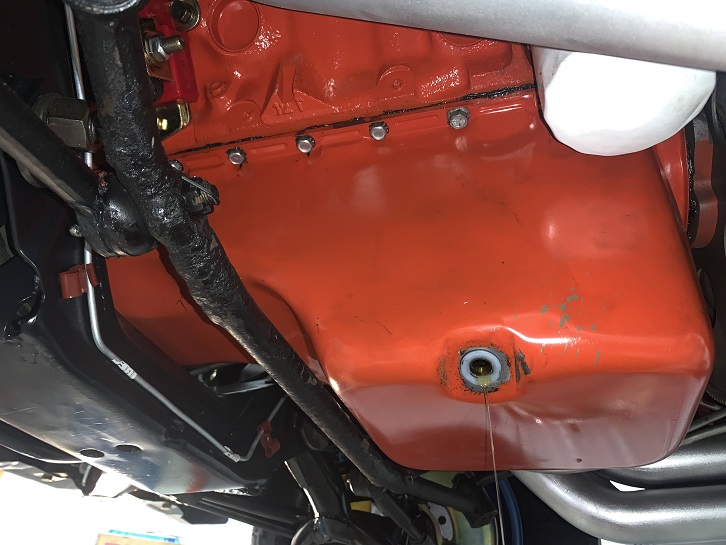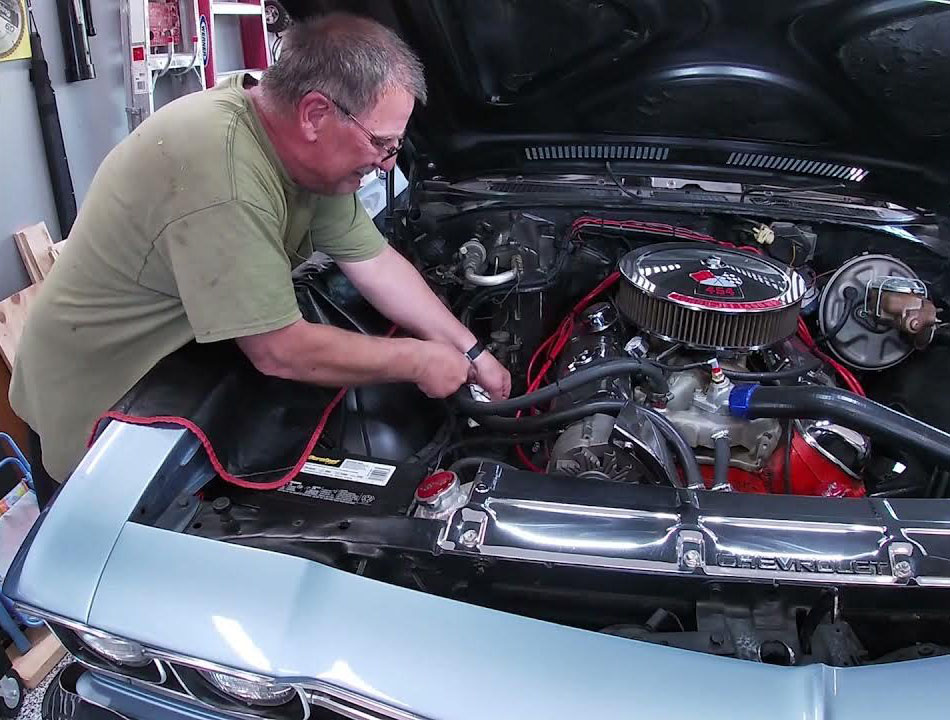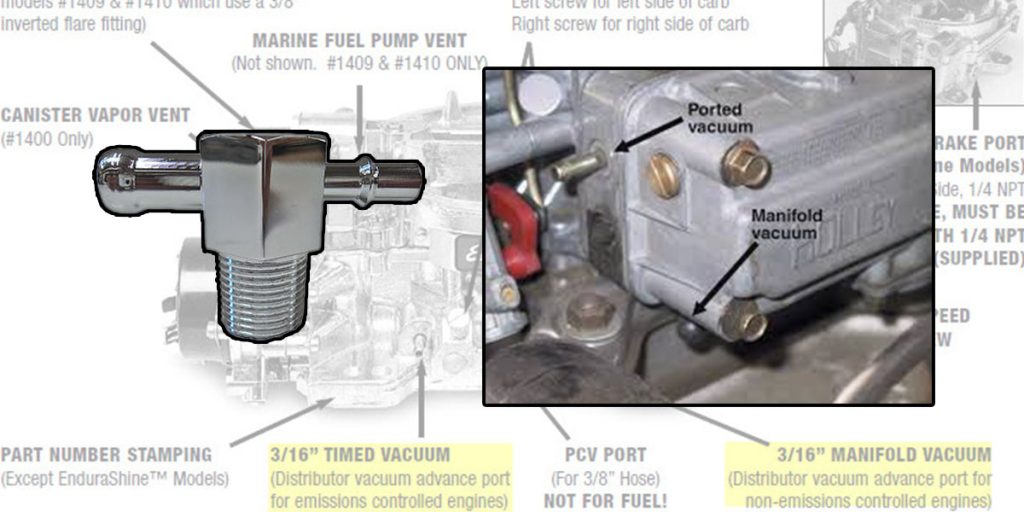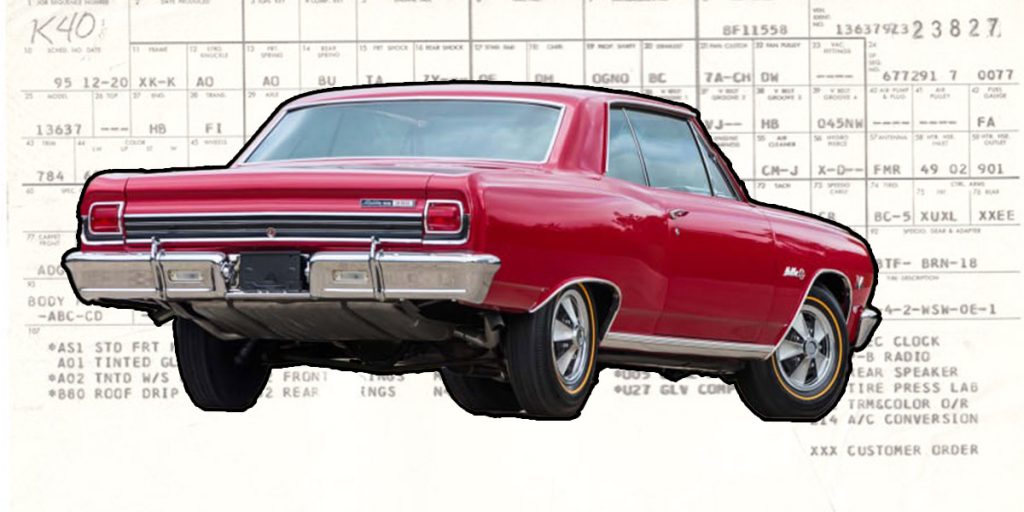Engine Oil: The Magical Lubricant
Engine oil is a bit of a mystery for most people. We know it’s critical for the engine’s operation, but we don’t really understand the oil itself. How do you know if one works better than another? You dump it in, drive, and change it. If you install bigger brakes you can feel the car stopping quicker. Or if you install a new engine, you can feel the difference in power. With engine oil though, it’s hard or even impossible to feel those kinds of differences.
There are all sorts of myths and urban legends revolving around engine oil. Let’s take a look at some of those and see what’s true and what’s not, along with what you do need to know.
The Vital Role of Engine Oil
Engine oil’s primary job is to lubricate the engine’s moving metal parts, reducing friction and preventing overheating. Without proper lubrication, friction generates heat, leading to potential internal engine damage. Using the correct viscosity and amount of oil ensures that these moving parts don’t grind against each other, which could result in significant and expensive repairs.
Understanding Viscosity
Viscosity measures how well oil flows at different temperatures. Multi-viscosity oils, like 10W-30, flow better at cold temperatures while still providing protection at higher temperatures. The first number indicates cold temperature flow, and the second number indicates viscosity at operating temperature (212 degrees F).
Choosing the right viscosity depends on factors like bearing clearance and operating temperature. Older muscle car engines with larger bearing clearances might need thicker oils like 10W-40 or 20W-50 to maintain proper lubrication and pressure.
Trapping Combustion Byproducts
During combustion, fuel produces byproducts like acids and silicon oxides. Engine oil acts like a magnet, attracting and trapping these harmful substances, preventing them from circulating through the engine, and causing damage to vital components.
Extended Drain Interval Oils
Extended drain interval oils, whether conventional, semi-synthetic, or full-synthetic, are designed to extend the time between oil changes by increasing the additive package. For instance, some synthetic oil offers a drain interval of up to 25,000 miles, one year, or 700 hours of operation. While extended intervals might not appeal to all performance enthusiasts, high-quality synthetic base oil provides significant benefits.

Types of Engine Oils
There are three main types of engine oils: fully synthetic, semi-synthetic, and conventional.
-
Fully Synthetic Oils: These are lab-developed for maximum engine protection and performance. They offer superior fuel efficiency, better protection against wear and deposits, and maintain viscosity in extreme temperatures. They typically require fewer oil changes, lasting between 5,000 to 10,000 miles. *But is not ideal for older engines running flat tappet cam shafts as the lack of certain additives will cause premature cam lobe wear.
-
Semi-Synthetic Oils: These are a blend of synthetic and conventional oils, offering better protection than conventional oils and requiring less frequent changes. They usually have SAE ratings like 5W-30 or 10W-40.
-
Conventional Oils: The least expensive and oldest type, conventional oils are suitable for older engines with simpler designs. They need more frequent changes and are not ideal for extreme temperatures.

Using Diesel Oil in Petrol Engines
While some might wonder if diesel oil can be used in petrol engines, it’s generally not recommended. Diesel oils contain additives and detergents specific to diesel engines that could potentially harm petrol engines. However, some modern oils are designed to meet the requirements of both petrol and diesel engines, so choosing the right specification can sometimes allow for safe cross-usage.
Importance of Oil Filters
Oil filters are essential for keeping oil clean in the engine. While reusable mesh filters might seem appealing, they often lack the efficiency of quality paper filters which can remove 99 percent of particles as small as 20 microns. Using a good paper filter ensures better engine protection and avoids potential contamination from cleaning reusable filters.
If you have any other questions regarding engine oil or the engine oil system on your ride, give our friendly techs a call at (203) 235-1200 or hop on SS396.com!





